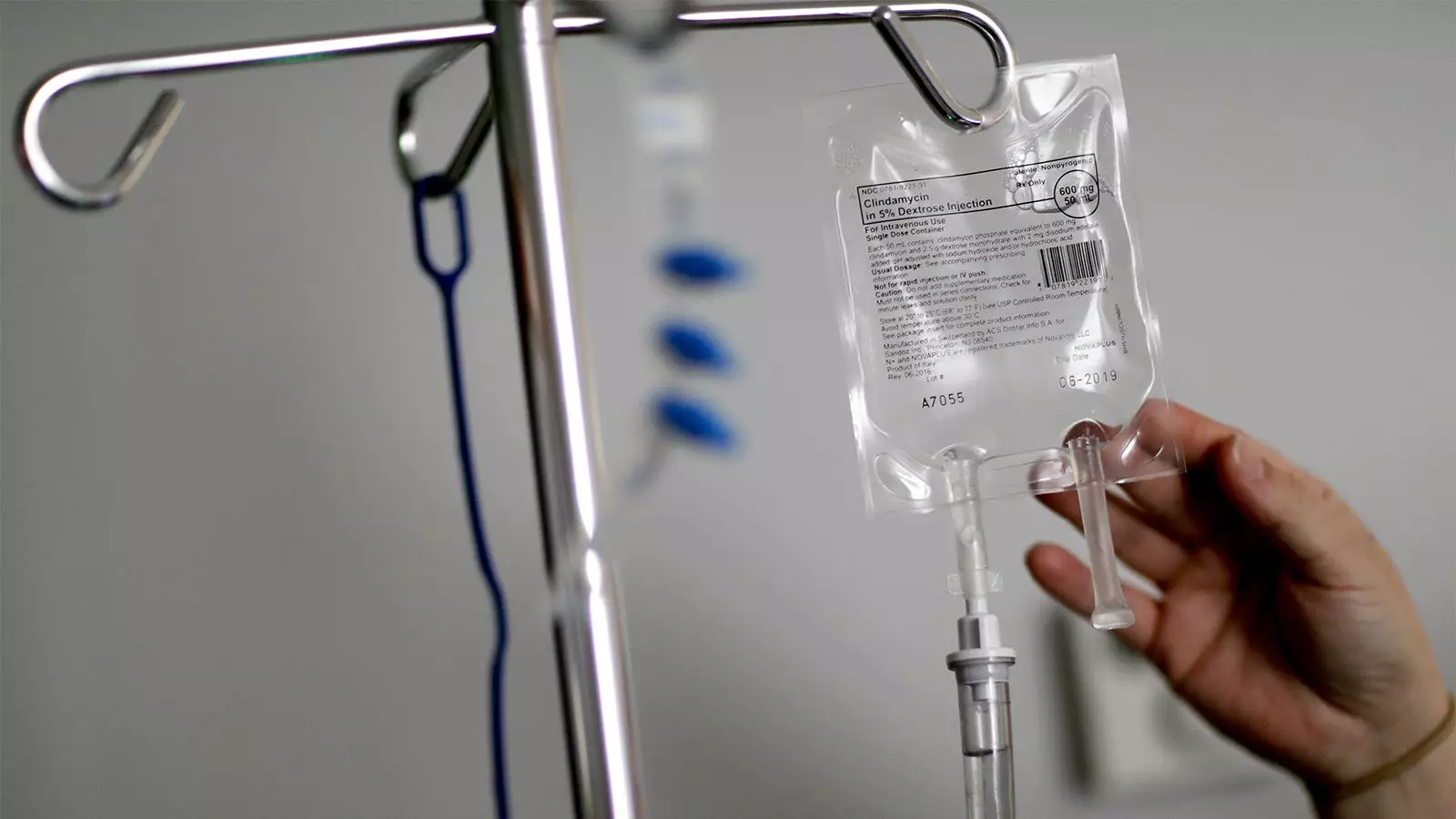The upcoming threat of Hurricane Milton has led to an urgent response from federal officials and medical manufacturers to prevent further disruptions in the supply of intravenous (IV) fluids across the United States. As the nation continues to grapple with a shortage caused by previous weather-related incidents, such as flooding at a North Carolina facility, the need for quick and strategic action has never been more critical. This article examines the implications of the hurricane for hospital supplies, assesses the current state of IV fluid production, and explores possible governmental interventions to address the crisis.
Evacuating Supplies: Preparations in a Time of Crisis
In anticipation of Hurricane Milton, B. Braun Medical has taken proactive measures to safeguard its inventory of IV bags. The company closed its Daytona Beach, Florida plant and coordinated with local health authorities to transfer its supplies to a secure facility far from the storm’s path. While the closure may cause temporary manufacturing halts, the strategic foresight demonstrated by B. Braun allows them to resume operations post-hurricane quickly. According to spokesperson Allison Longenhagen, the outlook for resuming production appears optimistic, which is essential for alleviating the already tense supply chain.
This preventative action is a stark contrast to the response seen during Hurricane Helene, where hospitals were forced to begin rationing IV fluids amidst significant supply interruptions. The proactive measures from B. Braun not only demonstrate corporate responsibility but also reflect a heightened awareness to avoid past mistakes that could exacerbate current shortages.
The gravity of the situation is underscored by the fact that U.S. hospitals use in excess of 2 million IV bags daily for patient hydration and medication delivery. This high-level consumption amplifies the urgency for manufacturers to ramp up production and ensure that supplies remain uninterrupted during crises. Current data shows that Baxter International’s North Carolina plant, which suffered significant damage, was a major contributor to the country’s IV fluid supply, accounting for approximately 60%. With such a large portion of the supply chain jeopardized, hospitals face a dire situation that can impact patient care.
Experts like Mike Ganio, PharmD, who monitors drug shortages, have highlighted the importance of responding swiftly to such vulnerabilities in the supply chain. The collective resilience of medical manufacturers like B. Braun, in conjunction with the federal government’s awareness of these vulnerabilities, plays a vital role in mitigating potential jeopardies to patient care during crises.
In light of the unfolding situation, the American Hospital Association has taken steps to petition the Biden administration to declare a national emergency aimed at prioritizing the production of IV supplies. This could involve invoking defense production authorities—a strategy previously employed during nationwide shortages of baby formula and COVID-19 medical supplies. Health Secretary Xavier Becerra has acknowledged the ongoing disruptions and outlined potential solutions, such as extending the expiration dates of existing products and exploring temporary imports of IV supplies from foreign manufacturers.
While the current measures are a step in the right direction, there remains a pressing need for concrete plans and actions. The declarations of a national emergency could facilitate faster mobilization of resources and streamline the production and distribution process for critical medical supplies.
The combined vulnerabilities posed by unpredictable weather events and existing supply chain disruptions serve as a stark reminder of the fragility of healthcare resources. As hospitals rely increasingly on complex logistics for medical supplies, the collaboration between private manufacturers and governmental health authorities becomes crucial in maintaining preparedness for future emergencies.
As the impact of Hurricane Milton unfolds, the lessons learned from previous incidents must be integrated into the national response strategy. It is crucial for stakeholders at all levels to recognize their role in ensuring a resilient healthcare infrastructure, where patient care is safeguarded against the uncertainties of nature and human factors alike. The time to act is now—this involves not only understanding the immediate operational needs but also planning for the long-term sustainability of the nation’s health supply chain.

Leave a Reply